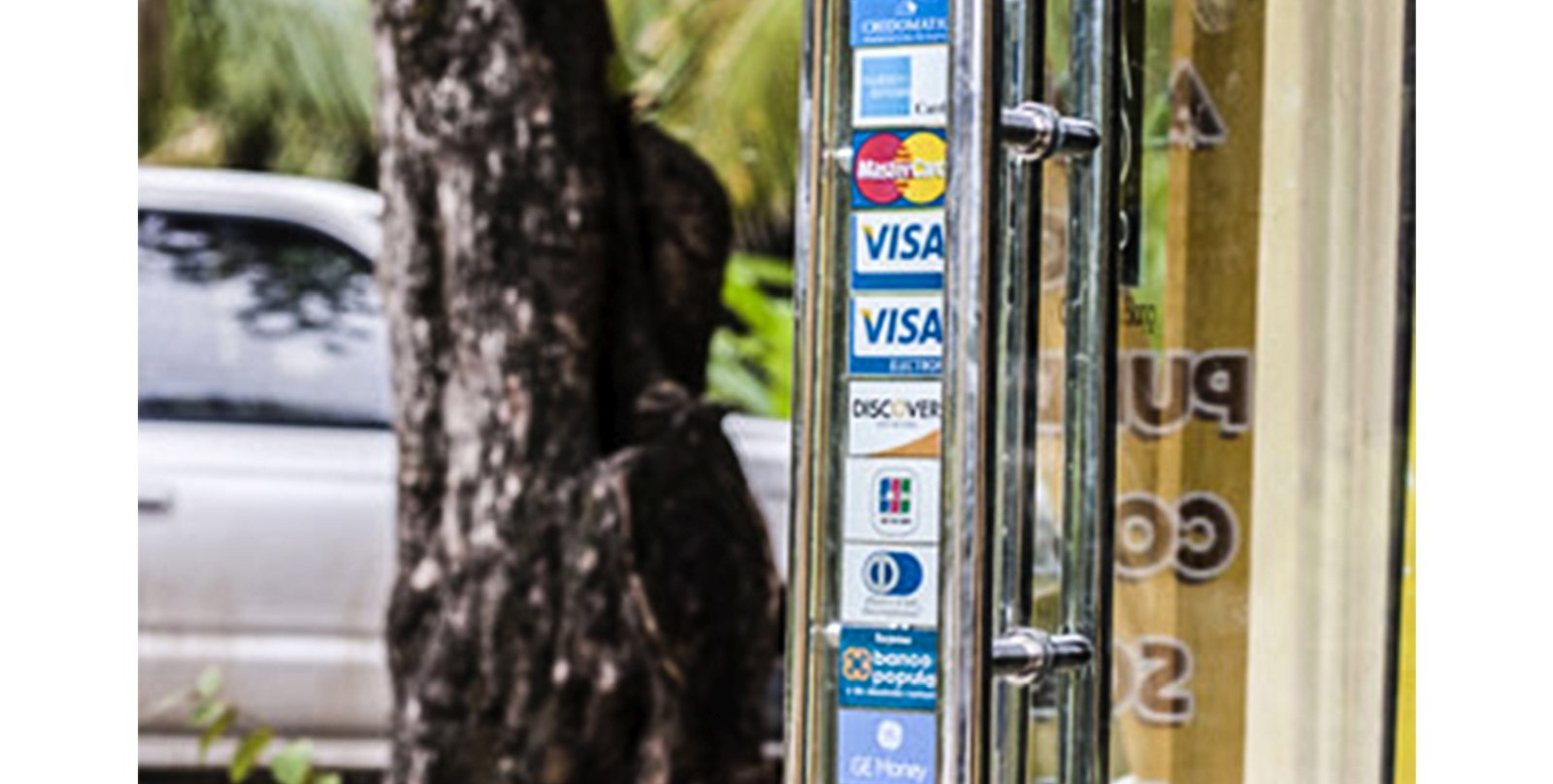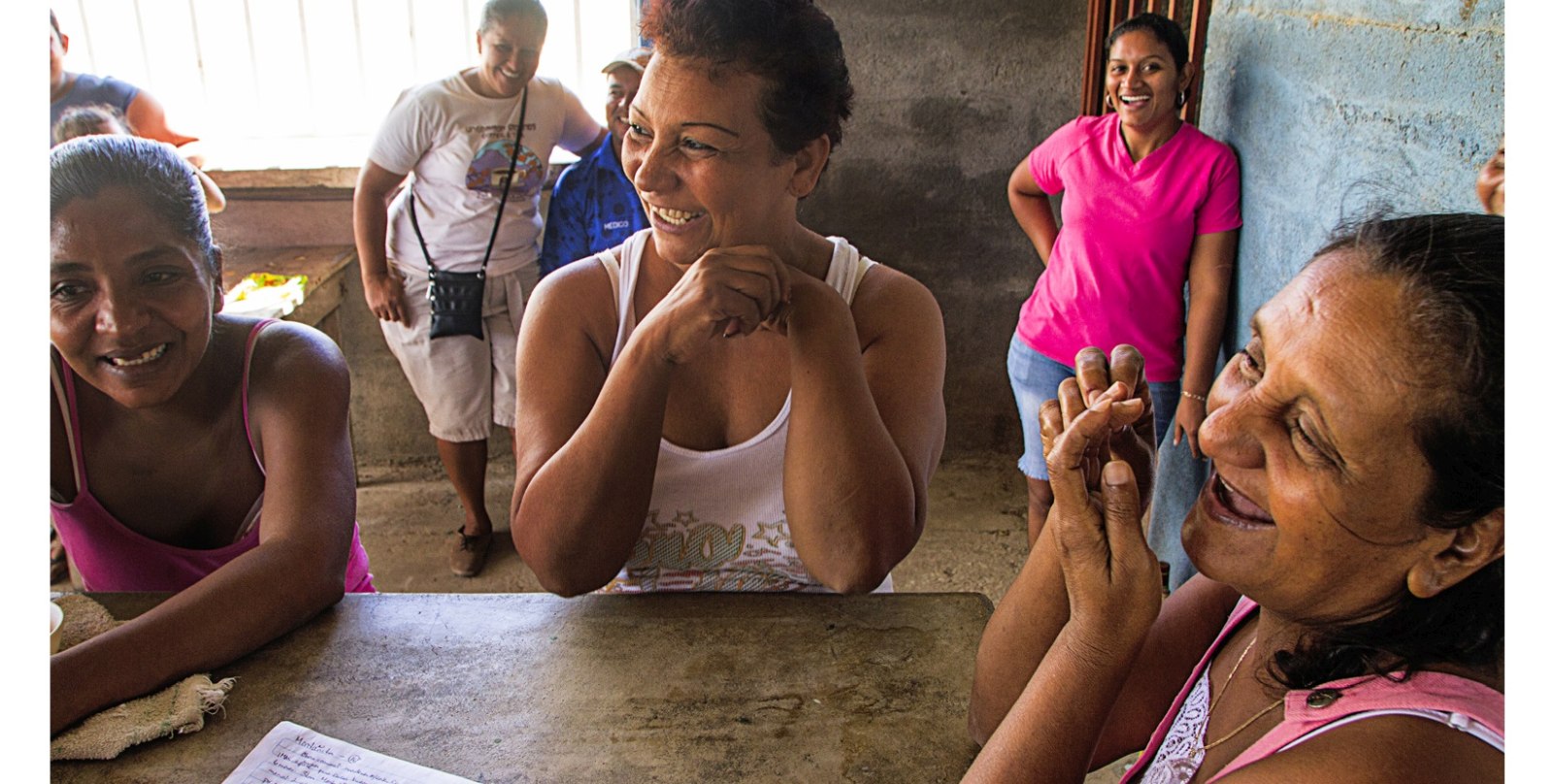
If you purchase a product or service in a shop in Samara or Nosara and decide to use a credit or debit card as payment, you could be in trouble because there are still businesses that only accept cash.
The merchant’s expression might change when the customer asks “Do you accept credit cards?” There are even businesses that increase the final price, eliminate discounts and even require minimum purchase amounts to consumers.
Of the seven shops VON consulted on the ways that people can pay, six accept cards as payment, but only four of them keep the price the same as when you pay with cash. One does not give discounts to people paying by card, while another location charges more for using a card.
One hotel in Nosara responded that while they accept credit and debit cards, they encourage their customers to pay by electronic bank transfer. “Our guests are encouraged to make the payment by transfer between domestic banks if they have an account in Costa Rica or they can use the electronic system Paypal.com for offshore bank accounts. That way we avoid having credit card numbers of visitors if there is any fraud or identity theft during their visit,” said a hotel official who declined to give his name.
However, according to Regulation N ° 35867-MEIC, the merchant who decides to register to accept card payments can not establish surcharges for using credit cards or debit cards, a detriment to the consumer. Neither can they establish minimum purchase amounts or eliminate discounts for the use of a debit or credit card.
Bank Transfers Facilitate Tax Evasion
Peter Dufner, president of the Carrillo Chamber of Tourism, said that a practice that has become common in Carrillo, Samara and Nosara is renting luxury vacation homes, but in many cases paying the rent with a credit card is not an option.
“Some people pay up to $3300 per week to rent a house near the coast. I have seen on the internet about 30 luxury homes that can be rented in Carrillo and there are at least 100 in Samara and about 150 in Nosara”, he said.
Although these businesses are located in Nicoyan territory, very little or no money is reported to the municipality, evading some or all taxes.
In this situation Marcos Jimenez, mayor of Nicoya, explained that although this method speeds up the trade process, “to date there is no regulation in the country to enable the municipality to collect taxes through these transactions between financial institutions so they are a detriment to the national finances and prevent the use of what would be collected for community works.”
Cash vs. Credit
Both cash and credit cards have advantages and disadvantages. The main advantage of cash over credit is that, in addition to faster payment, the customer can immediately show the merchant that he/she has enough money to cover the amount of the product or service purchased.
Katherine Sandoval, an official of Banco Nacional, said the main benefit of credit cards is security for both merchants and customers using the card.
“A person using a card doesn’t have to carry around large sums of money because everything is on the card; the merchant is also benefited because customers that pay by credit card reduce the amount of cash in the shop so if a robbery occurred the losses would be less,” he explained.
Despite the advantages, you can not force businesses to use credit cards because it is a voluntary option for the business, said Guisella Chaves, Director of Economic Studies of the Ministry of Economy and Commerce (MEIC), responsible for regulating the use of credit cards and debit cards in Costa Rica.
VON received a letter from a foreign couple who had problems in Nosara as a result of a business policy of only accepting cash payment. Marc Scarpa and his wife were forced to pay $2400 in cash for the rental of a luxury home in Nosara. According to Scarpa, the leasing firm prevented them from making the payment by credit card and told them that it was only possible to rent the property if they paid the full amount in cash.
“The home was misrepresented as a luxury rental which upon arrival was far from that. We were forced to pay $2,400 cash, in advance, given no receipt or rental contract for the property but had an email agreement,” related Scarpa.
Meanwhile, companies that rent vacation homes say it is not them who decide how payments should be made but the owner of the rental house, and as most of the owners do not live in Costa Rica, they do not have a credit card service. Most rental companies are legally registered and pay taxes, but not necessarily the owners of the houses.
The complaints office of the Costa Rican Tourism Institute (ICT) receives complaints and helps foreign and domestic tourists who are victims of abuse or malpractice of tourism enterprises, but its scope is limited as it monitors only affiliated businesses and those that meet certain quality standards.
If you know of any business that does not meet any of these rules, you can raise your complaint with the consumer 800 number 2266-7866.







Comments